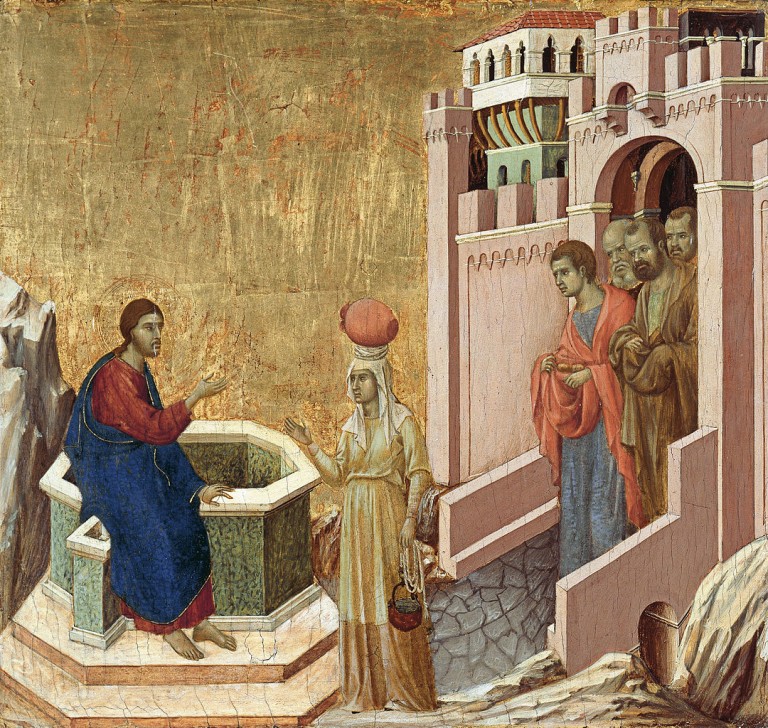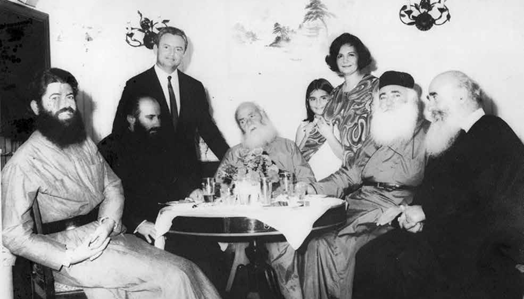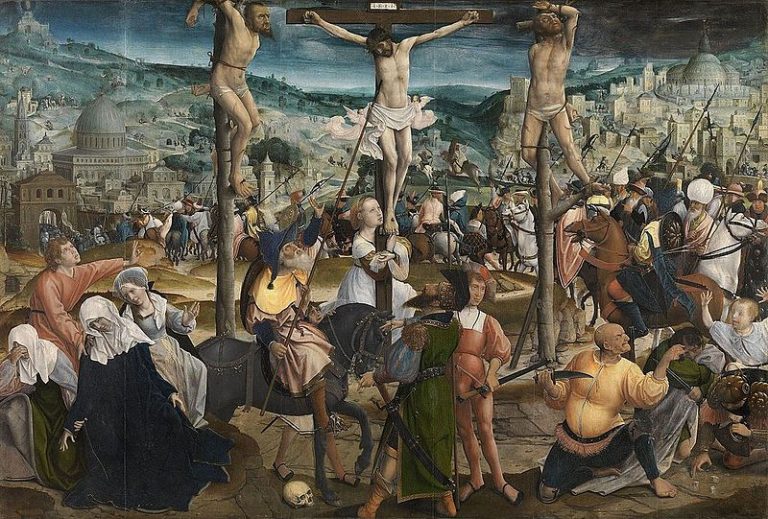Saint Fotini the Samaritan: a model of missionary work
Saint Fotini came from the region of Samaria and more specifically from the city of Sychar. According to the Holy Gospel, she led a life of “loose” morals during the revelation of the Lord: “for thou hast been five men, and now thou hast not thy husband” (John 5:18). He also had five sisters, Anatole, Photios, Fotis, Paraskevi, Kiriakios, and two sons, Photon and Joses. All of them deserved to be martyrs for Christ. Her personal encounter with the Savior played a decisive role in her life. In this instructive incident we watch Jesus asking her for water with the purpose of approaching her, even though she was a woman and a Samaritan.
Christ clearly abolishes ethno-racialism with this particular move. He refuses – oh yes, refuses! – the Father to separate his children, the Creator refuses to choose only one of his creations, Love refuses to become a part of chronic hatred. It proves that the plan of the Divine Economy is addressed to all and calls us too to act in this spirit.
In the first few lines of Fotini’s dialogue with the Lord, her surprise is evident: “How is it that you, a Jew who asks to drink from me, and not a Samaritan woman? for the Jews are not confused with the Samaritans” (John 5:9). Then, in spite of all the obscure quotations Jesus uses, such as “let him drink of the water that I shall give him, lest he drink of the water that I shall give him, and it be divided for ever, but the water that I shall give him, let there be in him a spring of water changed into everlasting life,” she continues in her unrelenting effort to understand the Master’s eternal verbs. She continues the dialogue, so strange to her, until Christ mentions her husband and reveals to her his prophetic gift. Then Photini recognizes him as a prophet: “Lord, I believe that you are a prophet!” But no. The Lord wanted to reveal Himself fully to her, yet He was waiting – according to St. Chrysostom – for her to acknowledge Him as a prophet, so that she would pay more attention to His words. Immediately after her realization, Photini posed a theological question: “my fathers worshipped in this mountain; and you say that in Jerusalem is the place where he worshipped” (John 5:20), prompting Chrysostom so timely to check with us: “Let us therefore be ashamed and blush with shame. A woman who had five husbands, and was a Samaritan woman besides, shows so much eagerness for doctrines, and neither the hour of the day, nor any other occupation, nor any other employment, nor any other work distracted her from these matters. But we not only do not inquire about doctrines, but are indifferent and negligent in all things. That is why everything has been neglected. For, I ask, which of you, being at home, has taken hold of a Christian book, and studied the things written in it, and searched the Scriptures?” and the Holy Father adds.

After the answer is given, Fotini testifies: “Behold, the Messiah cometh, who is called Christ: when he cometh, he shall proclaim all things” (John 5:25). At this point the Lord, having plowed and prepared the field of her heart by the missionary dialogue that preceded it and the sign of the prophecy that he had fulfilled, reveals that he is the Messiah. Immediately “the woman left her water, and went out into the city, and saith unto the people, See ye a man that telleth me all things that I have done: for is not this the Christ?” (John 5:28-29). She knew the Truth, the Savior was revealed to her and she enthusiastically ran to the mission field, making St. Chrysostom say: “Observe her eagerness and her prudence. She went to draw water, and because she reached the true spring, she now despised the material one, teaching us also that when we hear spiritual things spoken of, we should despise all things of life and not at all take account of them. For she too, according to her strength, did the same as the Apostles did, and with greater enthusiasm. For the Apostles left the nets, because they were called. But she voluntarily and without being commanded, left her pitcher and undertook apostolic work, because joy gave her wings. And she does not invite one and two, as Andrew and Philip did, but having stirred up the city and all its inhabitants, she brought them to Christ.”
Saint Photini continued her missionary work in Cartagena, Africa, until Nero was informed of the faith not only of her son Victor, later named Photini, but also of her own faith and that of her entire family. So they were led by the soldiers to Italy and pressed, in various torturous ways by the emperor, to deny their faith. But in every trial the miraculous actions of God made them whole. Finally, after much torture, St. Photini gave her spirit to the Lord in prison to meet him again in eternity. Her memory is commemorated on February 26.
Certificate
“Conceived by the Divine Spirit, and overcome by the Holy Spirit, we have received the water of salvation, and have given the water of salvation to the thirsty, Great Martyr and Isapostle Photini, implore Christ the God, give water to the spirits, refresh our souls.”




